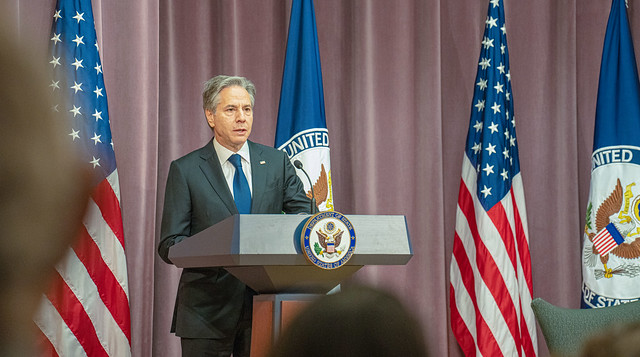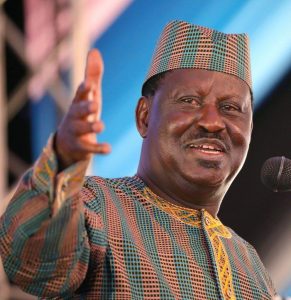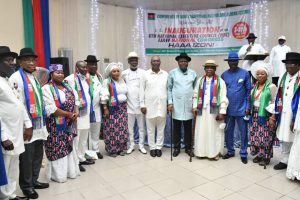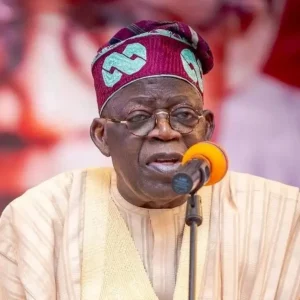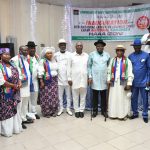The visa restriction imposed on specific and unnamed Nigerian citizens by the Biden administration is a symbolic demonstration of the United States’ commitment to supporting and advancing democracy in Nigeria. According to the US Secretary of State, Tony Blinken, the affected individuals are believed to be engaged in actions capable of undermining the democratic process in Nigeria.
Under Section 212(a)(3)C) of the Immigration and Nationality Act, these individuals will be found ineligible for visas to the United States under a policy to restrict visas of those believed to be responsible for, or complicit in, undermining democracy in Nigeria. Certain family members of such persons may also be subject to these restrictions. Additional persons who undermine the democratic process in Nigeria—including in the lead-up to, during, and following Nigeria’s 2023 elections—may be found ineligible for U.S. visas under this policy.
The visa restrictions are specific to certain individuals and are not directed at the Nigerian people or the Government of Nigeria. The decision to impose visa restrictions reflects the commitment of the United States to support Nigerian aspirations to combat corruption and strengthen democracy and the rule of law.
Analysts argue that the US move will not deter anti-democratic elements in the west African country especially as their names remain secrets. Additionally, many of the unscrupulous elements hold green cards or citizenship of the US and could ferment crisis in Nigeria only to emigrate to US or other countries.
Others commentators maintain that United States should hit the pockets of those individuals and seize their assets in different states in America including banks because denial of visas is not punitive enough.

